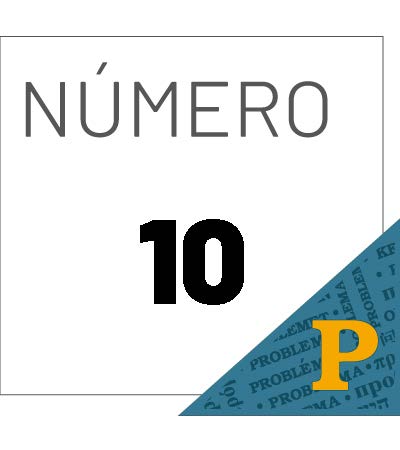(Un)Chaining Prometheus: is Law an Applicative Model?
En este artículo el autor cuestiona si el derecho es un modelo aplicativo o uno argumentativo. Así, critica la idea que reduce equivocadamente el derecho y la educación jurídica a la enseñanza-aprendizaje de un modelo aplicativo, el cual caracteriza como acrítico, pasivo, recreativo, y lo confronta con uno argumentativo, el cual concibe como crítico, activo y creativo. Para tal propósito, revisa, de un lado, las críticas que Duncan Kennedy formuló acerca de la educación jurídica y su rol en la reproducción de la jerarquía y, del otro, las características de la teoría estándar de la argumentación jurídica, desde los clásicos que distinguieron entre lógica analítica y dialéctica y al interior de la última entre tópica y retórica, hasta nuestros contemporáneos, sin olvidar los movimientos anti-formalistas.
Abstract:
In this article the author questions whether the law is an applicative or an argumentative model. Hence, he criticizes the idea that mistakenly reduces law and legal education to the teaching-learning of an applicative model, which he characterizes as a-critical, passive and re-creative, and confronts it with an argumentative one, which he conceives as critical, active and creative. For that purpose, he revises, on one side, the critiques that Duncan Kennedy formulated on legal education and its role in the reproduction of hierarchy; and, on the other, the characteristics of the standard theory of legal argumentation, from the classics that distinguished between analytical and dialectical logic and within the latter between topic and rhetoric, to the contemporaries, including the anti-formalist movements.
Detalles del artículo
Uso de licencias Creative Commons (CC)
Todos los textos publicados por Problema. Anuario de Filosofía y Teoría del Derecho sin excepción, se distribuyen amparados con la licencia CC BY-NC 4.0 Internacional, que permite a terceros utilizar lo publicado, siempre que mencionen la autoría del trabajo y la primera publicación en esta revista. No se permite utilizar el material con fines comerciales.
Derechos de autoras o autores
De acuerdo con la legislación vigente de derechos de autor Problema. Anuario de Filosofía y Teoría del Derecho reconoce y respeta el derecho moral de las autoras o autores, así como la titularidad del derecho patrimonial, el cual será transferido —de forma no exclusiva— a Problema para permitir su difusión legal en acceso abierto.
Autoras o autores pueden realizar otros acuerdos contractuales independientes y adicionales para la distribución no exclusiva de la versión del artículo publicado en Problema. Anuario de Filosofía y Teoría del Derecho (por ejemplo, incluirlo en un repositorio institucional o darlo a conocer en otros medios en papel o electrónicos), siempre que se indique clara y explícitamente que el trabajo se publicó por primera vez en Problema.
Para todo lo anterior, deben remitir la carta de transmisión de derechos patrimoniales de la primera publicación, debidamente requisitada y firmada por las autoras o autores. Este formato debe ser remitido en PDF a través de la plataforma OJS.
Derechos de lectoras o lectores
Con base en los principios de acceso abierto las lectoras o lectores de la revista tienen derecho a la libre lectura, impresión y distribución de los contenidos de Problema por cualquier medio, de manera inmediata a la publicación en línea de los contenidos. El único requisito para esto es que siempre se indique clara y explícitamente que el trabajo se publicó por primera vez en Problema. Anuario de Filosofía y Teoría del Derecho y se cite de manera correcta la fuente incluyendo el DOI correspondiente.




























